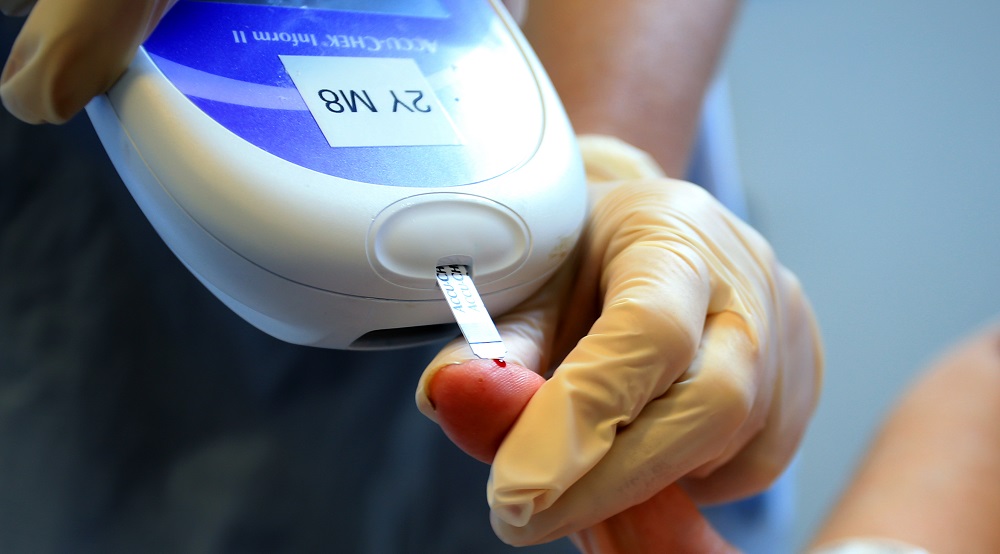Artificial pancreas technology set to benefit type 1 diabetes sufferers in Wales

Adults and children with type 1 diabetes in Wales will be eligible to access “life changing” technology on the NHS.
Final draft guidance from the National Institute of Health and Care Excellence (Nice) recommends that people in England and Wales can get a wearable device called a hybrid closed loop system if their diabetes is not adequately controlled by their current pump or glucose monitor.
The device – sometimes dubbed an artificial pancreas – has been shown to be better at keeping blood sugar levels within a healthy range, cutting down the risk of people suffering complications from diabetes.
The technology works via a continuous glucose monitor sensor attached to the body which transmits data to a body-worn insulin pump.
This pump then calculates how much insulin is needed and delivers the precise amount to the body.
Insulin injections
Hybrid closed loop systems mean people do not need to rely on finger prick blood tests or injecting insulin to control their blood sugar levels.
Nice said it has agreed with NHS England that all children and young people, women who are pregnant or planning a pregnancy, and those people who already have an insulin pump will be first to be offered a hybrid closed loop system as part of a five-year roll-out plan.
The technology will then be rolled out to those adults with an average HbA1c reading of 7.5% or more and those who suffer abnormally low blood sugar levels.
Nice guidelines recommend people should aim for an HbA1c level of 6.5% or lower.
Professor Jonathan Benger, chief medical officer at Nice, said: “With around 10% of the entire NHS budget being spent on diabetes, it is important for Nice to focus on what matters most by ensuring the best value for money technologies are available to healthcare professionals and patients.
“Using hybrid closed loop systems will be a game changer for people with type 1 diabetes.
“By ensuring their blood glucose levels are within the recommended range, people are less likely to have complications such as disabling hypoglycaemia, strokes and heart attacks, which lead to costly NHS care.
“This technology will improve the health and wellbeing of patients, and save the NHS money in the long term.”
Nice said that, due to the need for extra staff alongside specialist training for both patients and staff, it had accepted a funding variation request from NHS England for a rollout over five years.
Final guidance is expected to be published in December.
Around 400,000 people are currently living with type 1 diabetes in the UK, including around 29,000 children.
Support our Nation today
For the price of a cup of coffee a month you can help us create an independent, not-for-profit, national news service for the people of Wales, by the people of Wales.






